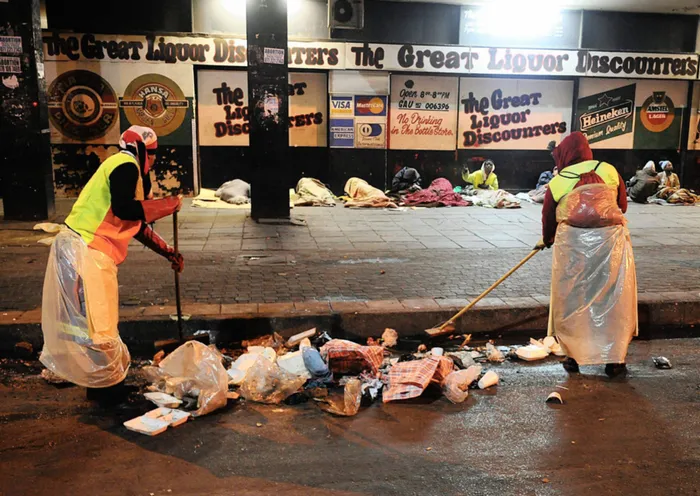Joburg plague-free

Pikitup workers have started with their normal scheduled waste management services. File icture: Paballo Thekiso Pikitup workers have started with their normal scheduled waste management services. File icture: Paballo Thekiso
Johannesburg - Gauteng residents can breathe a sigh of relief - there is no presence of plague in the city or the area where one rodent tested positive for its antibodies almost a month ago.
“There is no evidence of current infection, only of previous exposure in the infected rat,” stated the National Institute of Communicable Diseases (NICD) in a communique this week.
The infected rat was one of 13 rodents submitted from Mayibuye, in Midrand, for the NICD and Environmental Health Service’s monitoring programme as part of routine surveillance.
However, the surveillance had been done at the height of the more than month-long Pikitup strike, which left the city facing a stench from waste and garbage strewn across its streets.
The NICD said the strike may have exacerbated the rodent problem in the city, particularly in informal settlements which already had inadequate waste removal facilities.
“The absence of unusual rodent mortality suggests there is no outbreak of rodent plague in progress at present, and there is no immediate threat to human health,” the NICD noted.
“The presence of plague in an area is usually noticed when an unusual die-off of rodents occurs in a particular place. In this case, no die-offs has been observed.”
The plague organism is endemic among wild rodents in most sub-Saharan African countries, and is transmitted by fleas that live on them.
The last case of human plague in South Africa happened in 1982 in the Eastern Cape.
vuyo.mkize@inl.co.za
The Star